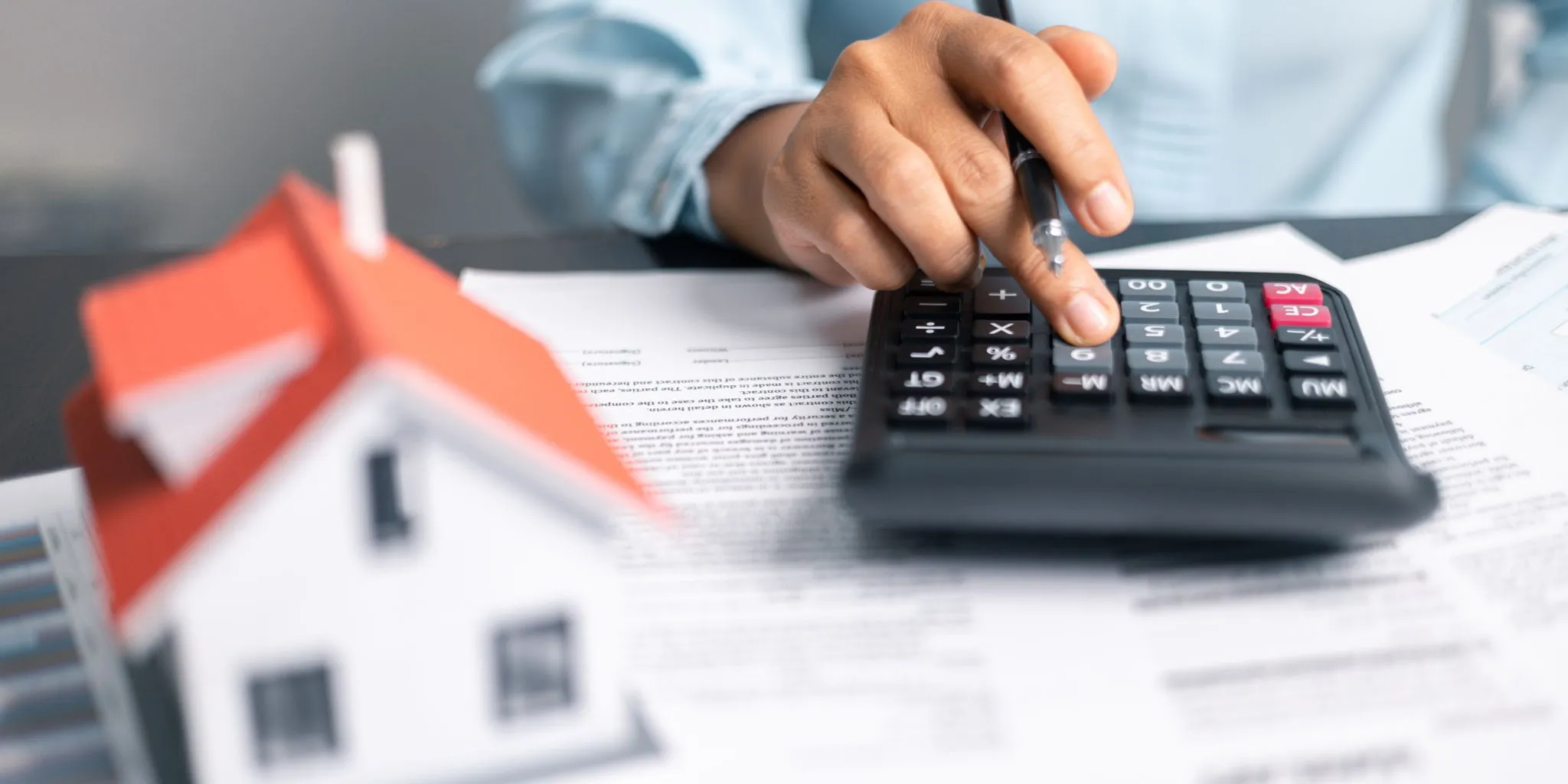2025
Tax Benefits of Investment Properties

Property is a compelling and popular investment among Australians. With low supply, high demand, and a growing population, property in Australia offers investors a long-term, stable investment opportunity.
An investment property is a type of property, such as a home, apartment, townhome, condominium, or department building, that investors purchase to earn rent or capital appreciation. The purpose of an investment property is to generate cash flow, often in the form of rental yield (when the owner rents to a resident or business).
An investment property not only helps to create financial return, but it can also offer a range of tax benefits. From deductible assets to capitalising on losses, investment property provides investors with ways to reduce taxable income.
Tax benefits of investment properties
Depreciation claims
Depreciation claims are a common way to reduce overall taxable income. Depreciation is when the value of a property structure (capital works) or assets (items which are not part of the investment property) declines over time. By claiming depreciation, the tax deduction can be spread over the life of the property or asset.
Claiming depreciation on assets, such as appliances and equipment, can be worked out using the diminishing value method or the prime cost method. The diminishing value method claims higher deductions in the initial years of the assets’ effective life. The prime cost method claims a lower but more constant deduction each year.
Expenses from capital works, such as construction work and major renovations, can also be used as a tax deduction. Deductions for capital works are typically spread over a 25 to 40-year period, depending on the date of when construction began, when the building was purchased, and the purpose of the building. Tax deductions for new investment builds are applicable to the full 40 years.
Negative Gearing
Negative Gearing is a significant tax benefit of owning an investment property in Australia. When the cost of owning and managing an investment property exceeds the income it generates, the investment is negatively geared. The loss incurred from owning and managing an investment property can be used to reduce overall taxable income. For example, an investment property that generates $10,000, but costs $12,000 to maintain and manage allows the owner to use the $2,000 loss to reduce taxable income.
Rental expenses
Expenses for renting an investment property can be claimed on taxes. Rental expenses include advertising costs, maintenance and repairs, council rates, and property management fees. Rent payments must be at standard market rates to claim all the expenses in full. For example, if you are renting your investment property to a family member and lower the rent below market rates, deductions can only be claimed up to the amount of rent charged.
Prepaid expenses
Prepaying expenses for the investment property can help in tax planning for the future. When costs like insurance, loan interest, and maintenance are prepaid, immediate tax deductions can be claimed for the current financial year. When expenses cover more than one year, deductions can be spread out and align with income and tax planning. Planning taxes and arranging financial affairs can help minimise taxes and improve cash flow.
Owning an investment property in Australia offers a range of tax benefits that can help manage assets, reduce costs, and improve cash flow. But purchasing and owning an investment property may not be as easy as it seems. Before jumping into an investment property to receive all its tax benefits, consulting with investment property builders is essential.
Builder Direct is North Queensland and Western Australia’s trusted partners for building investment properties. We streamline our approach, meaning you have access to fixed price house and land packages that are ready to rent upon completion. From sourcing the land to construction, we make investing in property simple. Contact Builder Direct today and let us help you start your journey in investment property.







